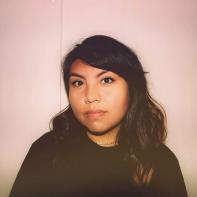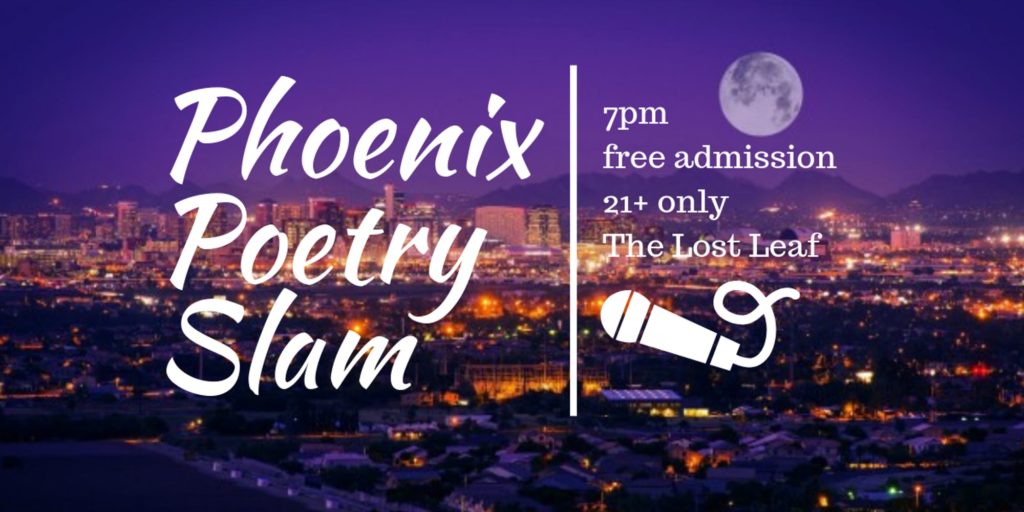
Date: December 27, 2018
Time: 7:00pm-9:00pm
Event Description:
Join us every 2nd and 4th Thursday of the month for the longest running poetry slam in Phoenix, AZ!
15 poets compete in three rounds of performance poetry judged by 5 randomly selected members of the audience.
Poets interested in competing must send an email to gnome.chomsky@lawngnomepublishing.com with “POETRY SLAM’ in the subject line. We send you a confirmation email with the rules and expectations to help you compete.
Today’s Phoenix Poetry Slam from Lawn Gnome Publishing is the result of years of seeking talented new voices and promoting strong literary events.
Lawn Gnome Publishing brought the 2014 Individual World Poetry Slam to Phoenix, AZ. It was the first time a Poetry Slam Inc event has been held in Arizona since the performance art was established in the 90’s. Our mission is to provide a space for local writers/artists/performers/etc. to explore and perfect their own craft. Our commitment is community. We welcome persons of any and all genders, sexualities, ethnicities, abilities, ages, etc. As writers and literary critics, we value freedom of speech and thus do not limit, moderate or otherwise censor any content, and so there is a blanket trigger warning for all events. However, we strive to create a constructive atmosphere of equality, sensitivity, and progress, one that encourages discussion and actively opposes marginalization of any persons or group. Our goal isn’t tolerance of diversity, but its empowerment and alliance.
Our venue is The Lost Leaf, a beer and wine bar located at 914 N 5th St in downtown Phoenix, Arizona. The folks behind The Lost Leaf are pretty sincere about their beer. The bohemian-style drinkery/gallery, housed in a vintage 1930s-era domicile, offers a selection of more than 100 different kinds of ales, lagers, stouts, and other intoxicating brews available by the bottle. If that isn’t enough to wet your whistle, the Lost Leaf also serves a host of wines, meads, and even sake, to boot. If you can tear yourself away from the bar, check out the pulchritudinous paintings and other outstanding works of art hanging on the walls, or enjoy nightly performances by a variety of musicians and bands.
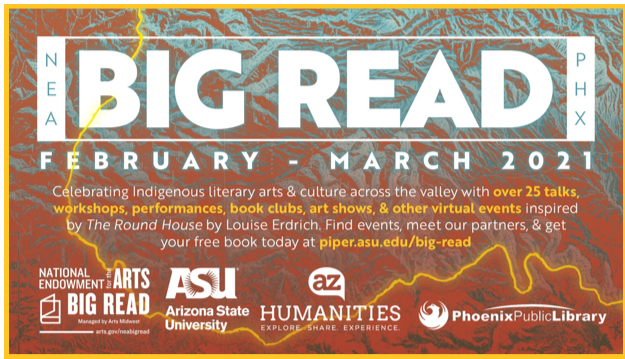
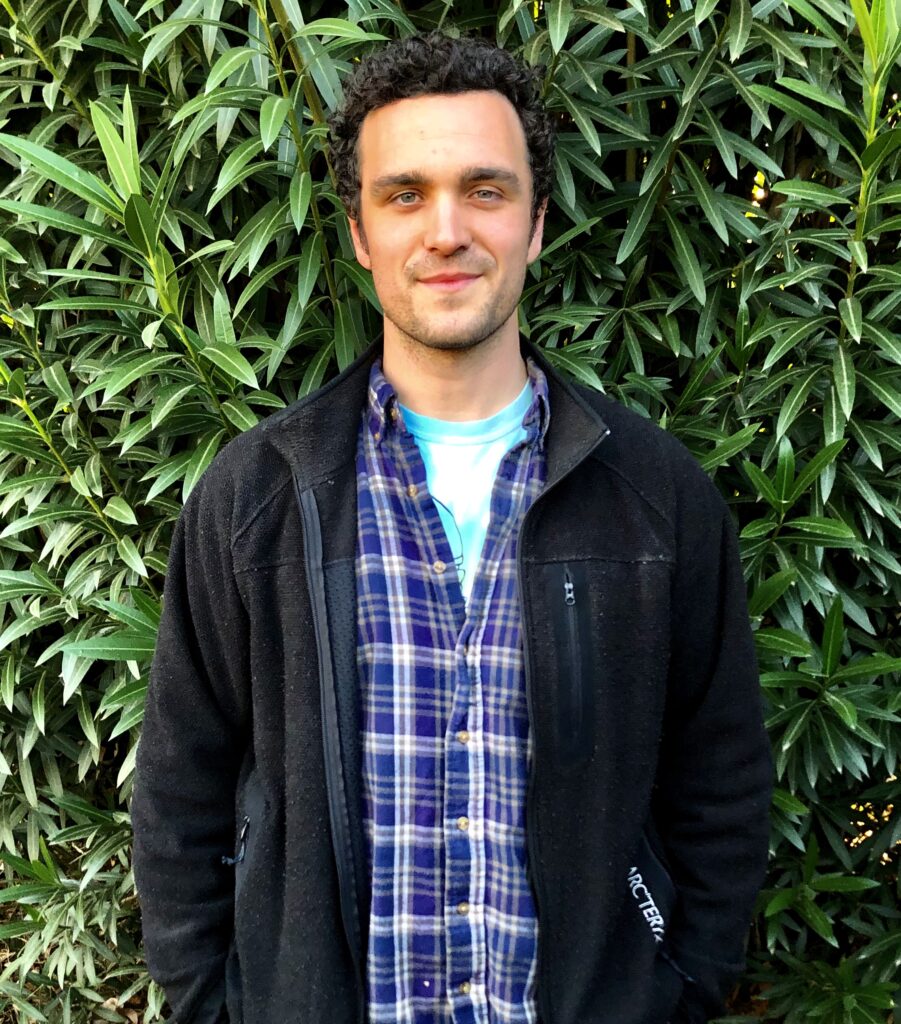



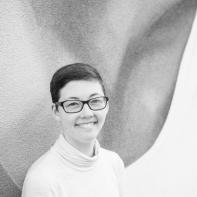
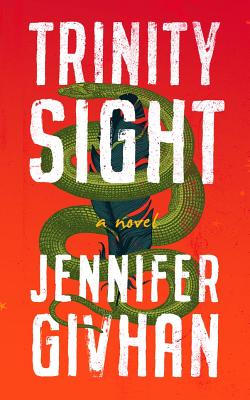 Today we are thrilled to share news of past contributor Jenn Givhan. Jenn’s debut novel, Trinity Sight, is available for preorder from Blackstone Publishing, and will be published October 1, 2019. The novel, inspired by indigenous oral-history traditions, takes a new spin on dystopian fiction. Jenn’s characters are confronted with dueling concepts of science, faith, modern identity and ancestral tradition as they attempt to understand how the world fell apart.
Today we are thrilled to share news of past contributor Jenn Givhan. Jenn’s debut novel, Trinity Sight, is available for preorder from Blackstone Publishing, and will be published October 1, 2019. The novel, inspired by indigenous oral-history traditions, takes a new spin on dystopian fiction. Jenn’s characters are confronted with dueling concepts of science, faith, modern identity and ancestral tradition as they attempt to understand how the world fell apart.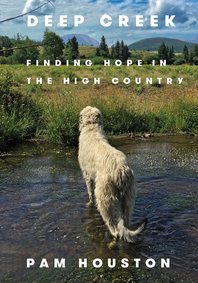 Today we are happy to share the news of past contributor Pam Houston. Pam’s memoir “Deep Creek: Finding Hope in the High Country” was just published by W. W. Norton & Company in January of 2019. Reminiscing about her life living in the Colorado Rockies, Pam discusses the beauty and pain of human life and her ties to the earth, specifically her 120-acre ranch. The memoir not only includes her essays but also 12 of the author’s own black and white photographs.
Today we are happy to share the news of past contributor Pam Houston. Pam’s memoir “Deep Creek: Finding Hope in the High Country” was just published by W. W. Norton & Company in January of 2019. Reminiscing about her life living in the Colorado Rockies, Pam discusses the beauty and pain of human life and her ties to the earth, specifically her 120-acre ranch. The memoir not only includes her essays but also 12 of the author’s own black and white photographs.